Do you have a passion for screenwriting but feel like you’re not reaching your full potential? Or maybe you’re just starting out and looking for guidance on how to hone your craft?
Look no further than these best-selling books that are sure to unlock your screenwriting potential.
From industry veterans to up-and-coming writers, these books offer a wealth of knowledge and practical advice on everything from developing characters and crafting compelling dialogue to navigating the business side of the industry.
Whether you’re looking to write a Hollywood blockbuster or an indie gem, these books will help you take your writing to the next level.
So what are you waiting for? Grab a copy and get ready to unleash your creativity and become the screenwriter you’ve always dreamed of being.
Save the Cat! by Blake Snyder

Save the Cat! by Blake Snyder is a must-read for anyone interested in screenwriting. Snyder’s book is based on his successful career as a screenwriter and his experience in the film industry.
The book is divided into three parts: “What is it?”, “Give me the form”, and “It’s not what it is, it’s what it’s about”. Snyder’s approach is practical and straightforward, and he offers plenty of real-world examples to illustrate his points.
One of the key takeaways from Save the Cat! is Snyder’s insistence on the importance of the “beat sheet”. This is a tool that helps writers map out the structure of their screenplay, including key plot points and character arcs.
Snyder’s beat sheet is based on the idea that every great story has a specific structure that can be broken down into a series of beats. By following this structure, writers can create a compelling and engaging story that resonates with audiences.
Story by Robert McKee
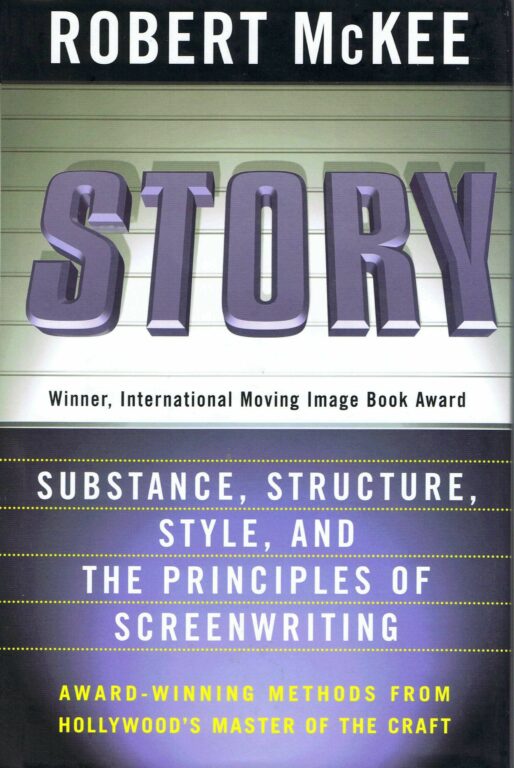
Robert McKee is a renowned screenwriting teacher and consultant who has worked with some of the biggest names in Hollywood. His book, Story, is considered one of the most influential books on screenwriting ever written.
McKee’s approach is heavily focused on character development and the importance of creating a well-rounded protagonist.
One of the key takeaways from Story is McKee’s emphasis on the importance of conflict. He argues that conflict is the driving force behind every great story, and that the protagonist must overcome significant obstacles in order to achieve their goal.
McKee also stresses the importance of creating complex, multi-dimensional characters who are flawed and relatable.
The Anatomy of Story by John Truby

The Anatomy of Story by John Truby is another must-read for screenwriters. Truby’s approach is heavily focused on the importance of structure and the building blocks of storytelling.
He argues that every great story has a specific structure that can be broken down into a series of steps, or what he calls “story beats”.
One of the key takeaways from The Anatomy of Story is Truby’s emphasis on the importance of creating a strong premise. He argues that the premise is the foundation of the story, and that it should be unique, compelling, and able to generate conflict.
Truby also stresses the importance of creating complex, multi-dimensional characters who are driven by their desires and flaws.
Screenplay by Syd Field
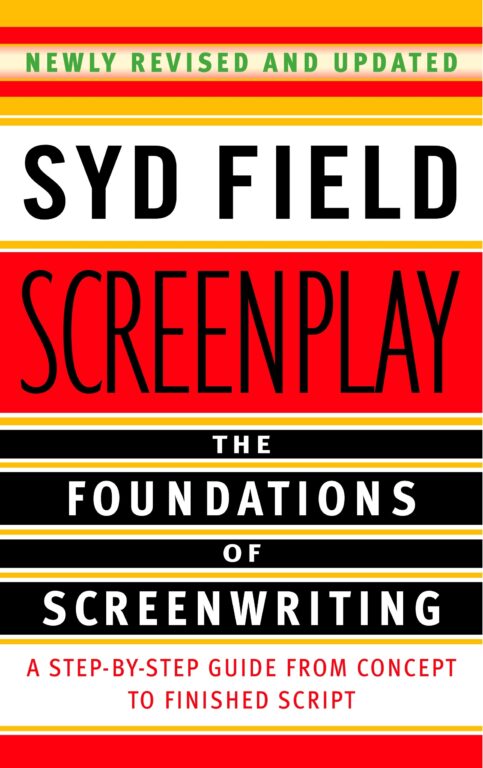
Syd Field’s book, Screenplay, is considered one of the foundational texts on screenwriting. First published in 1979, it has since become a classic in the field.
Field’s approach is heavily focused on the technical aspects of screenwriting, including formatting, structure, and pacing.
One of the key takeaways from Screenplay is Field’s emphasis on the importance of the “plot point”. This is a key moment in the story where the protagonist is faced with a significant challenge or obstacle that changes the course of the plot.
Field argues that every great story has specific plot points that are essential to the structure and pacing of the screenplay.
Writing Screenplays That Sell by Michael Hauge
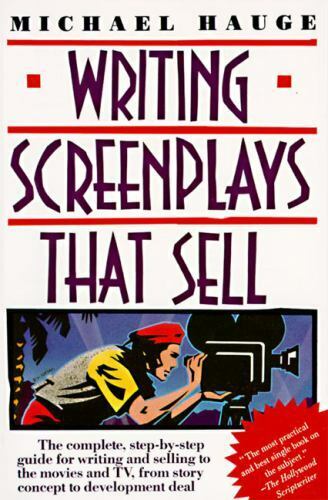
Michael Hauge is a screenwriting consultant and story expert who has worked with some of the biggest names in Hollywood. His book, Writing Screenplays That Sell, is focused on the business side of the industry.
Hauge offers practical advice on how to pitch your script, build relationships with agents and producers, and navigate the complex world of Hollywood.
One of the key takeaways from Writing Screenplays That Sell is Hauge’s emphasis on the importance of creating a unique and marketable concept.
He argues that in order to sell your script, it must stand out from the thousands of other scripts that are submitted to Hollywood every year. Hauge also stresses the importance of building relationships and networking in order to get your foot in the door.
The Writer’s Journey by Christopher Vogler
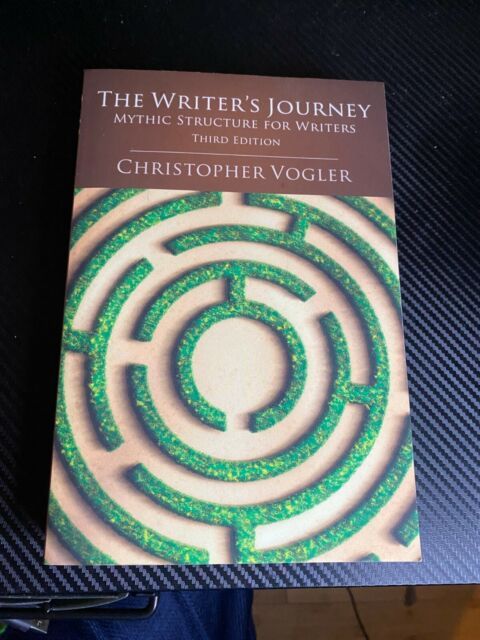
The Writer’s Journey by Christopher Vogler is based on the work of Joseph Campbell and his theory of the “hero’s journey”.
Vogler’s approach is heavily focused on the idea that every great story follows a specific structure that can be broken down into a series of archetypes and themes.
One of the key takeaways from The Writer’s Journey is Vogler’s emphasis on the importance of the protagonist’s transformation.
He argues that the protagonist must undergo a significant internal change in order to achieve their goal and complete their journey. Vogler also stresses the importance of creating a strong villain or antagonist who serves as a foil for the protagonist.
The Hero with a Thousand Faces by Joseph Campbell
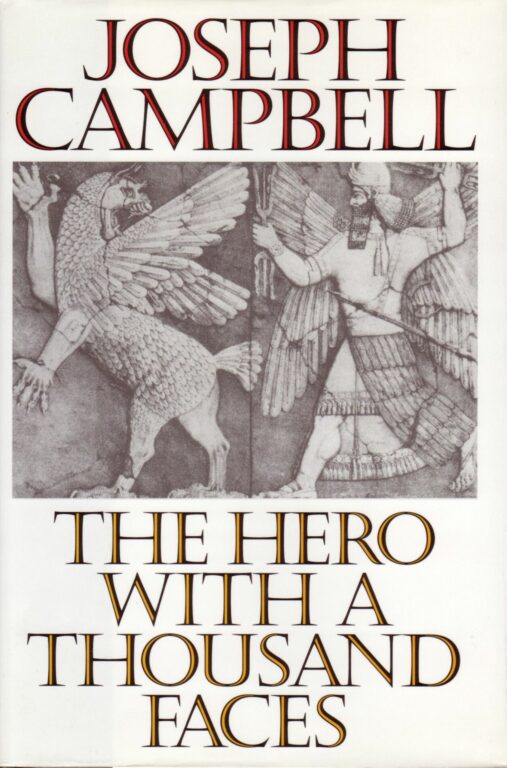
The Hero with a Thousand Faces by Joseph Campbell is a classic in the field of mythology and storytelling.
Campbell’s approach is heavily focused on the idea that every great story follows a specific structure that can be broken down into a series of archetypes and themes.
One of the key takeaways from The Hero with a Thousand Faces is Campbell’s emphasis on the importance of the hero’s journey.
He argues that every great story follows a specific pattern where the hero undergoes a series of trials and tribulations in order to achieve their goal.
Campbell also stresses the importance of creating a strong villain or antagonist who serves as a foil for the hero.
Conclusion
Reading books on screenwriting is a valuable way to improve your craft and unlock your potential as a writer.
From practical advice on structure and pacing to insights into character development and dialogue, these best-selling books offer a wealth of knowledge and inspiration.
Whether you’re just starting out or looking to take your writing to the next level, these books are sure to help you achieve your goals and become the screenwriter you’ve always dreamed of being.

Leave a Reply